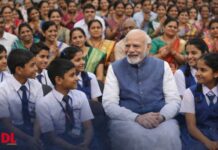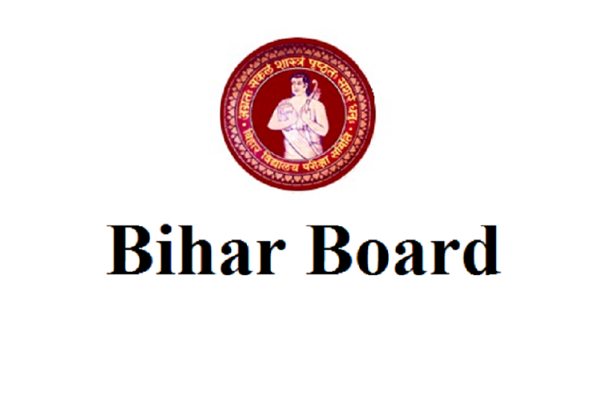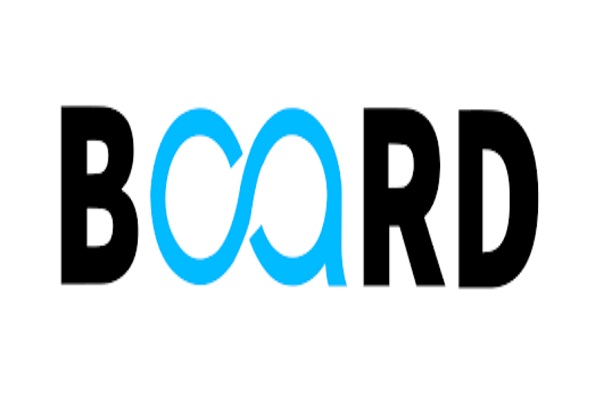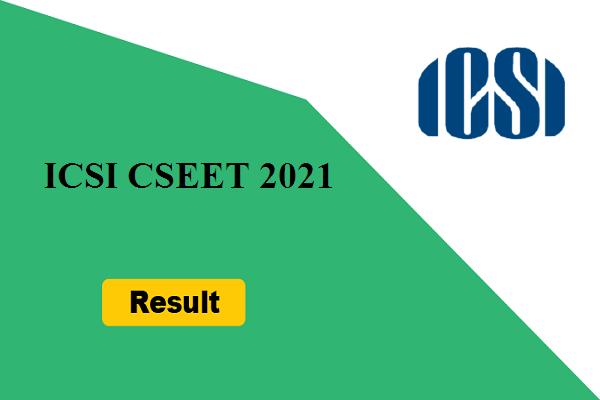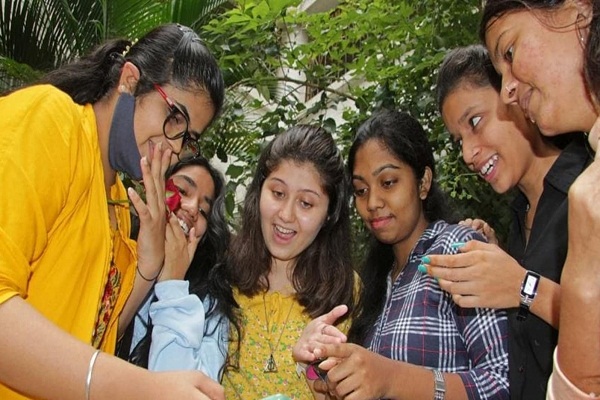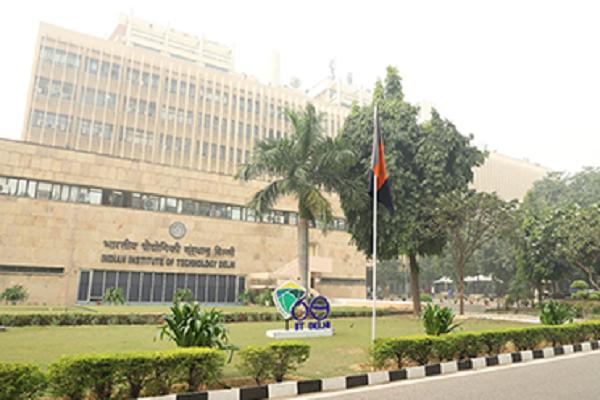I-Hub Foundation for Cobotics (IHFC), the Technology Innovation Hub (TIH) of Indian Institute of Technology Delhi (IIT Delhi) and iHub Anubhuti, the TIH of Indraprastha Institute of Information Technology Delhi (IIITD), signed an MoU on Wednesday to set up India’s first Medical Cobotics Centre (MCC) at IIIT-Delhi.
The ceremony was held in the august presence of Prof. Ashutosh Sharma, former DST Secretary as the Chief Guest and Dr. K.R. Murali Mohan, Mission Director of NM-ICPS, DST.
Medical Cobotics Centre (MCC) will be a technology enabled medical simulation and training facility for the young resident doctors besides acting as a validation centre for the research outcomes in the area of healthcare robotics and digital health. The Centre would facilitate the training of other healthcare professionals, paramedical staff, technicians, engineers, and researchers.
The TIHs are funded by the Department of Science and Technology (DST), Government of India under its National Mission on Interdisciplinary Cyber-Physical Systems (NM-ICPS).
Both IIT Delhi and IIIT-Delhi have strong expertise in engineering and have strong linkages with researchers and medical professionals from various institutions in India such as AIIMS and others. The two Hubs are committed to developing advanced technologies in the field of medical robotics/cobotics, digital health, sensing and computing technologies desired in robotic-assisted surgeries, training, and medical procedures.
Speaking of the collaboration between the two Technology Innovation Hubs, Prof V. Ramgopal Rao, Director, IIT Delhi said, “We are happy to associate with IIITD for the joint Medical Cobotics Centre (MCC). In order to develop technologies for societal benefit, it’s important for researchers from across the institutions to come together and work in a focused manner. I am happy to see that two leading institutions in Delhi are coming together to facilitate the development of technologies in Medical Robotics.”
Prof. Ranjan Bose, Director, IIIT Delhi, also echoed the same and said, “We, being one of the leading institutes in the area of information technology, were entrusted with the responsibility of creating a TIH in the broad domain of Cognitive Sciences and Social Sensing by the DST. Cognitive and Sensing technologies are essential for the next-generation robotics, particularly for applications in the medical domain and digital health. I am confident that this collaboration will create an impact in this space and move the needle.”
Prof. S. K. Saha, Project Director, IHFC, IIT Delhi and Mr. Ashutosh Dutt Sharma, CEO, IHFC, IIT Delhi speaking about the origin of the concept of the MCC said, “While India has several medical simulation centres for providing training to the resident doctors, there is none dedicated to developing these technologies and their validation. The MCC is expected to boost indigenous development of technologies to fulfil the dream of our Prime Minister to make India Atmanirbhar. This will also be a place for various TIHs under the NM-ICPS to showcase their medical-related projects and products with applications”.
On behalf of iHub Anubhuti, the TIH of IIITD, its Project Director Prof. Pushpendra Singh and the CEO, Mr. Mukesh Malhotra expressed their happiness to be able to set up this prestigious Centre on its campus in association with IIT Delhi’s TIH, i.e., IHFC, and expect to develop this joint centre as a Centre of Excellence. As per them, MCC will develop strategic partnerships with companies, undertake expert driven research and will also work towards commercialization of technologies.
The training programs will be designed in consultation with leading doctors/experts, mainly from All India Institute of Medical Sciences (AIIMS) at New Delhi, Jodhpur, and other prestigious medical colleges. They shall be empaneled as guest faculty for conducting the same. The training programs would be at multiple levels (basic/advanced) and cohort-specific like urology, neurology, laparoscopy, and others but initially limited to minimum invasive surgeries.
It is planned to induct the first batch of trainees in April/May 2022 with some of the basic training simulators, which are widely available in the open market, whereas advanced surgical robots will be inducted in the next phase. The MCC is expected to cater to the needs of medical colleges in the Delhi NCR region and this activity is also in line with the National Education Policy for medical subjects.



